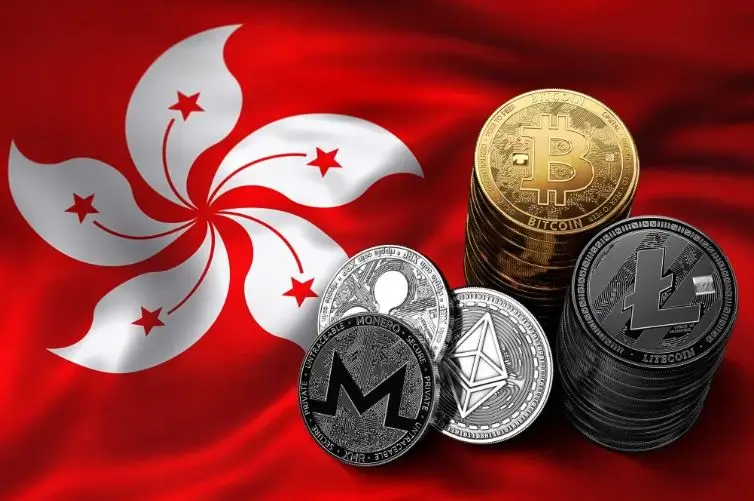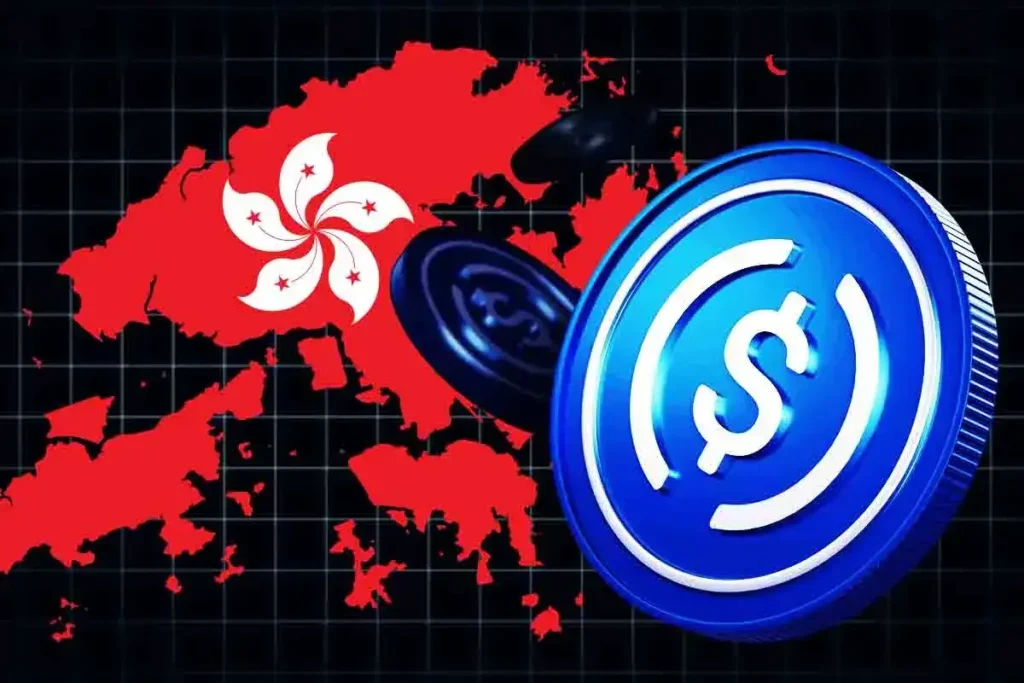Hong Kong Introduces Stablecoin Laws
Hong Kong has taken a big step towards regulating digital finance, with new legislation passed to govern the issuing of stablecoins—digital tokens that maintain a fixed value by being tied to traditional money like the Hong Kong dollar or US dollar.
The law, recently approved by Hong Kong’s Legislative Council, sets up a licensing framework for companies looking to issue these stablecoins. Officials say the aim is to protect the public, reduce financial risk, and support innovation in the growing world of digital assets.

Image 1: Stablecoin (Source FinanceFeeds)
Licences Now Required for Stablecoin Issuers
Under the new rules, any organisation that wants to issue stablecoins in Hong Kong—or even reference the Hong Kong dollar from abroad—will need formal approval from the Hong Kong Monetary Authority (HKMA). Only licensed companies will be allowed to sell or advertise these products to the public.
To get that licence, companies will have to meet strict requirements. That includes showing they have enough real-world assets in reserve to back the stablecoins they issue, so that users can swap their coins for actual currency whenever needed. They must also ensure customer funds are kept separate from business accounts, and that there are clear systems in place to manage financial risks and protect users.
In addition, stablecoin issuers must follow laws around anti-money laundering, provide regular audits, and be transparent about how they operate. Advertising is also being tightly controlled—only licensed stablecoin products can be promoted to consumers, even during the six-month window where enforcement is gradually rolled out.
Officials Say the Move Aligns with Global Standards
Hong Kong’s financial leaders have praised the law as a much-needed step to manage risks and give the digital currency industry a stronger footing.
Christopher Hui, Secretary for Financial Services and the Treasury, said the law takes a “risk-based approach” that treats digital and traditional financial products similarly when they carry the same risks. He added that this brings Hong Kong in line with international practices and helps to safeguard the city’s position as a major global financial centre.
HKMA chief Eddie Yue echoed this view, saying the law introduces a practical but strong regulatory system. According to Yue, creating a safe and supportive environment is key to the long-term success of both stablecoins and the broader digital economy.
The new rules are expected to kick in before the end of the year. Authorities have confirmed there will be a transition period to give businesses time to prepare, apply for licences, and adjust their operations accordingly.

Image 2: Stablecoin (Source CoinGape)
Lawmaker Sees It as a Win for Web3
Johnny Ng, a member of Hong Kong’s Legislative Council, described the legislation as a major win for the future of Web3—the next stage of internet development built on blockchain and decentralised networks.
Ng celebrated the bill’s passing on social media, calling it a turning point for both Hong Kong and the global Web3 space. He said it paves the way for international companies to launch stablecoin operations in Hong Kong under a regulated, trustworthy system.
But according to Ng, this is just the beginning. He said the real value of stablecoins will come when they’re used in practical ways—like in retail purchases, international trade, and peer-to-peer payments. He encouraged businesses in both tech and traditional industries to explore how they could adopt stablecoins to improve how they operate.
The lawmaker also floated the idea of offering interest to stablecoin holders as a way to increase adoption and grow the market. He invited entrepreneurs and institutions from around the world to collaborate and help build Hong Kong into a global hub for digital finance and innovation.

